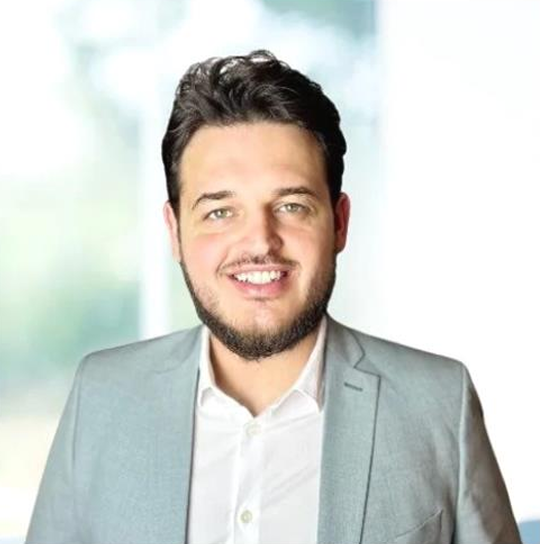Language prestige in Switzerland. A case study on the Swiss post-Yugoslav diaspora
This project focuses on the language practices of second generation heritage speakers of Albanian and BCMS (Bosnian, Croatian, Montenegrin, Serbian) in Switzerland.
Migration from the Balkan peninsula, especially from the successor states of Yugoslavia, has been having a high relevance in Swiss society. Albanian and BCMS are among the most frequently spoken non-national languages of Switzerland. However, the research landscape on Albanian and BCMS as heritage languages – both in Switzerland and in other European countries – is rather scant. In linguistics, a comprehensive project focusing on the post-Yugoslav diaspora is still missing.
With my project, I (Cristiana Lucchetti) intend to contribute my share to filling this research void. Next to an added value for the scientific community, this project aims to sensitize Swiss society for the questions of perceived relevance of speakers of BCMS and Albanian, who are often pigeonholed with the label "Jugo" regardless of their origin, not to mention self-perception.
In part of Swiss society, the label "Jugo" is also applied to the community’s language practices. Linguists have described and analyzed some of the characteristics of "Jugodeutsch", an ethnolectal variety of Swiss German. However, it remains unclear whether this variety is actually spoken by immigrants from the countries of former Yugoslavia and characterized by code-mixing between Swiss German and BCMS and Albanian or whether it is spoken by much broader speaker categories, thus leading to question the validity of this term.
Some of the central questions of this project are:
- Which languages does the daily use repertoire of second generation post-Yugoslav immigrants to Switzerland include and which are their respective usage contexts?
- Which function and degree of prestige do the speakers attribute to which language?
- What are the underlying language ideologies?
- Which contact phenomena are present between which languages?
- Can Jugodeutsch be described as an ethnolectal variety spoken by heritage speakers of BCMS and Albanian?
- Are erosion processes to be noticed?
- Do the speakers implement any measures for language maintenance?
- Do or did the speakers attend HSK (heimatliche Sprache und Kultur) lessons at school to maintain and foster their heritage languages/culture?
- Which sociological information on the post-Yugoslav diaspora in Switzerland do all of the above yield?
In my project, the sociolinguistic and sociology-of-language study of Albanian and BCMS as heritage languages in Switzerland serves as a case study to analyze dynamics of language prestige and power in Swiss society. In fact, Switzerland is known for its state multilingualism, which is an essential part of the country’s self-image. However, I argue that the Swiss multilingualism narrative is mainly based on the four national languages German, French, Italian and Romansh.
According to the latest data collected by the Swiss Federal Statistics Office, 23.1% of the Swiss resident population speaks a language other than the four Swiss national language as a main language; among the most frequently spoken languages are English, followed by Albanian, Portuguese, Spanish and BCMS. While research on English in Switzerland is thriving, Albanian and BCMS are evidently underresearched, and the educational offers to maintain or foster Albanian or BCMS and the respective cultures are limited in Swiss society . In my project, I argue that the reasons behind the different societal treatments of the many languages spoken in Switzerland are based on prestige and mechanisms of exclusion and inclusion from societal power.

Currently, my project includes the following working packages:
- Pilot study: interviews with heritage speakers of Albanian and BCMS.
This study serves an explorative purpose in order to formulate the questions asked in working package 2 more precisely - Online questionnaire on language prestige, including more than 30 questions
- Interviews on HSK (heritage language and culture lessons) with parents and children
- Interviews with both Albanian/BCMS speakers and Swiss people with no Albanian/BCMS language background on the language prestige hierarchy of Switzerland
Stay up to date on my project here!
